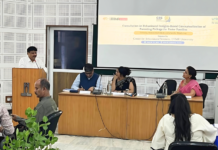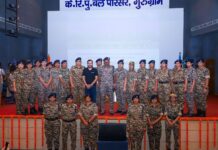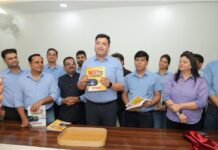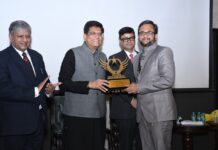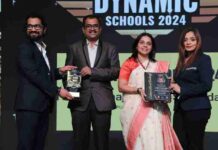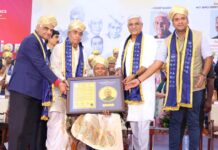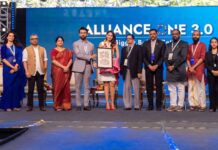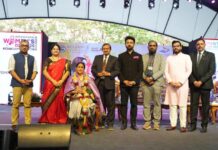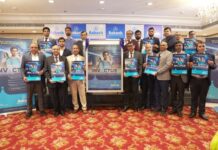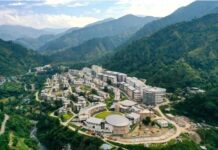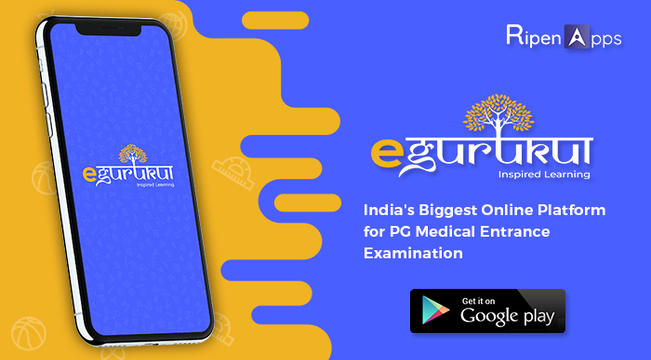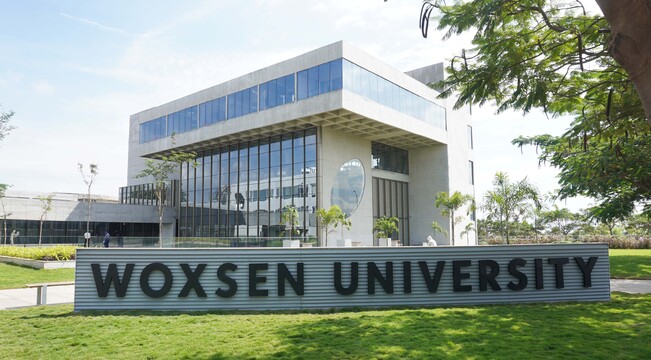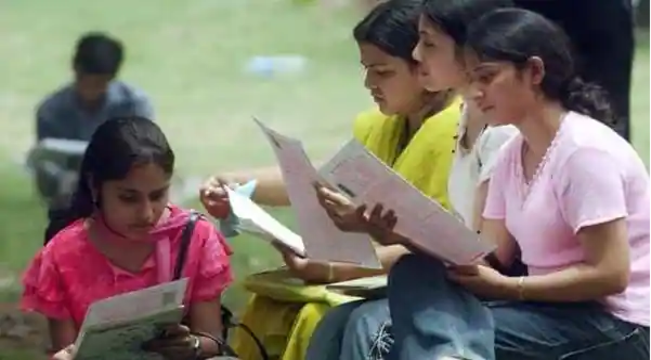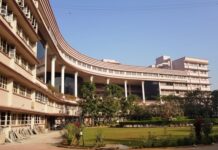Kolkata, July 2020: MAKAUT, WB has recently organized an International Webinar on Advances in Renewable Energy Generation Vis a Vis India’s Perspective. The speakers in the Webinar were Prof. (Dr) Saikat Maitra, Hon’ble Vice Chancellor of MAKAUT, Prof. Sagar Mitra from Department of Energy Science and Engineering, IIT Bombay, Dr. Jayanta Mykhopadhyay, Principal Scientist, CSIR, CGCRI, Prof. Tapan Kumar Parya, Director, School of Energy and Environmental Sciences, MAKAUT and Former Professor, Department of Chemical Technology, CU and Prof. B.B. Paira, Former Professor, Department of Chemical Engineering, CU and Academic advisor, MAKAUT. The programme was coordinated by Mr. Kunal Chowdhury, Faculty, Department of Renewable Energy, MAKAUT. Nowadays, Renewable Energy is gaining importance day by day as the fossil fuel reserve is continuously being worn-out. 20% of the total power generated comes from renewable energy. To give more emphasis to this changing scenario this webinar was organized, which gave idea about various research topics for the concerned students.
Hon’ble Vice Chancellor, MAKAUT, Prof. (Dr) Saikat Maitra was the significant speaker of the webinar. He said, “This webinar is a nice opportunity for all the candidates, especially those pursuing career in energy and environmental sector to gain valuable insights. Webinar has become a part of culture in the education system. It is a matter of pride for MAKAUT that it holds the first position in organizing series of webinars and inviting galaxy of experts from all over the world to integrate a large community. This culture has to be made sustainable and that is why a discussion forum has been created to generate an everlasting effect and uplift innovative ideas. Renewable Energy has received a huge attention in the changing world scenario. Organizations like Apple , Tesla, IBM, Google and others are investing in Renewable Energy, which is creating a lot of opportunity for engineering professionals. Ideas are being tested and created for harvesting energy. Harvesting energy is the ultimate objective. India is one of the countries who produce quite an amount of energy from all forms of renewable energy. It started in the late 90s by harvesting energy from wind power. The National Solar Mission aims to achieve grid uniformity and make electricity delivered at the same cost throughout the country. As India is a country with many bio-resources, due to her tropical climate, Biomass Energy (from biogases, rice husk, coconut shell, groundnut shell etc) exploitation is increasing steeply. There has been installation of 5000 commercial Biogas and Bio-CNG plants, which can reduce coal combustion. India is making significant effort in generating energy from non-conventional sources. India being a peninsular country has a huge potential in the form of tidal energy. Lots of research is also going on to extract energy from tides using novel materials. The vast Himalayas offer the scope of using geo-thermal energy and the turbulent deep seas also give opportunity to harvest wave energy. If all these sources are used properly throughout the world 100 billion times more power than the planet consumes can be generated. Sweden recently harvested energy from the body heat of about 25000 commuters, in their central station. If Sweden with such a small population can exploit body heat in this fashion then countries with huge population can utilize this with various benefits. This dependence on fossil fules and green practices can save the environment” He ended his speech by congratulating Prof. Parya and Mr. Chowdhury for organizing this wonderful webinar.
Dr. Mitra mentioned his research areas and the projects he is involved with. Lastly he showed the participants a video of possible intercontinental power grid whose link is provided below:
https://www.youtube.com/watch?v=pFswWSewyxI
The next speaker in the webinar was Dr. Jayanta Mukhopadhyay. He mentioned that it is his proud privilege to accept the invitation to speak in this webinar.
He spoke about:
· World’s Energy Consumption scenario and India’s perspective in terms of Renewable Energy.
· Importance of Hydrogen Energy and Fuel Cell/ Electrolyze Cell in Operation
· CSIR-CGCRI’s perspective in hydrogen energy and fuel cell research
· Engineering in particle size and morphology for functional air electrodes by aerosol spray paralysis
· Air electrodes: Conventional and mixed ionic and electronically conducting oxides.
· Core-shell car et functional fuel electrodes with multi-fuel flexibility
Lastly Prof.(Dr) B.B. Paira delivered the concluding speech. He told that for the survival of flora and fauna of the universe we need non-conventional energy sources. He gave a brief account of what all the speakers spoke about in the webinar. Prof. Paira concluded by thanking Prof. Tapan Kimar Parya and said that we are entering the 4th Industrial Revolution based on cyber science and Artificial Intelligence. But the Outcomes and products of the 1st Industrial Revolution are equally important, if not more.
For more information about the University please visit https://makautwb.ac.in
Corporate Comm India (CCI Newswire)



